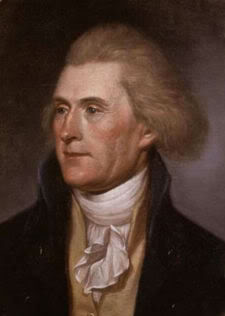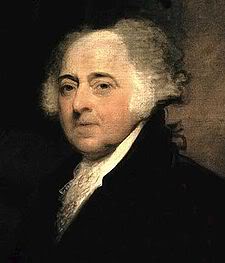|
Council of Founding Fathers
|
||
| Founding Fathers |
A Word
To The Wise |
Significant Guidance
|
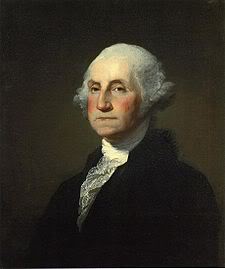 George Washington |
"Honesty is the best policy."
|
George Washington's
Rules of Civility 110 Maxims Helped Shape and Guide America's First President. As a young schoolboy in Virginia, George Washington took his first steps toward greatness by copying out by hand a list of 110 'Rules of Civility & Decent Behavior in Company and Conversation.' Based on a 16th-century set of precepts compiled for young gentlemen by Jesuit instructors, the Rules of Civility were one of the earliest and most powerful forces to shape America's first president, says historian Richard Brookhiser. Most of the rules are concerned with details of etiquette, offering pointers on such issues as how to dress, walk, eat in public and address one's superiors. But in the introduction to the newly published Rules of Civility: The 110 Precepts That Guided Our First President in War and Peace, Brookhiser warns against dismissing the maxims as "mere" etiquette. "The rules address moral issues, but they address them indirectly," Brookhiser writes. "They seek to form the inner man (or boy) by shaping the outer." |
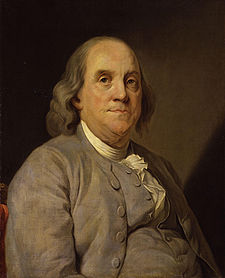 Benjamin Franklin |
Avoid Extremes.
|
Thirteen Virtues Today, “virtue” has taken on soft and effeminate connotations. But originally, the word “virtue” was inextricably connected to what it meant to be a true man. The word comes from the Latin virtus, which in turn is derived from vir, Latin for “manliness.” These days guys excuse their lack of virtue by hiding behind the excuse of being “just a guy.” Men need to do better and strive to improve themselves each day. It’s time to restore the tie between manliness and virtue. |
|
"Question with boldness."
|
More than a mere renaissance man, Jefferson may actually have been a new kind of man. He was fluent in five languages and able to read two others. He wrote, over the course of his life, over sixteen thousand letters.
He was acquainted with nearly every influential person in America, and a great many in Europe as well. He was a lawyer, agronomist, musician, scientist, philosopher, author, architect, inventor, and statesman. Though he never set foot outside of the American continent before adulthood, he acquired an education that rivaled the finest to be attained in Europe. He was clearly the foremost American son of the Enlightenment. |
|
|
Children should be educated and instructed in the principles of freedom.
|
Thoughts on Government Several representatives turned to Adams for advice about framing new governments. Adams got tired of repeating the same thing, and published the pamphlet Thoughts on Government (1776), which was subsequently influential in the writing of state constitutions. Using the conceptual framework of Republicanism in the United States, the patriots believed it was the corrupt and nefarious aristocrats, in the British Parliament, and their minions stationed in America, who were guilty of the British assault on American liberty. |
|
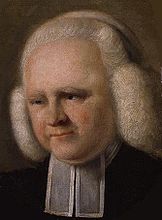 George Whitfield |
Fight the good fight of faith.
|
Revival Meetings
He first took to preaching in the open air on Hanham Mount, Kingswood, in southeast Bristol. A crowd of 20,000 people gathered to hear him. Even larger crowds—Whitefield estimated 30,000—met him in Cambuslang in 1742. Benjamin Franklin attended a revival meeting in Philadelphia and was greatly impressed with Whitefield's ability to deliver a message to such a large group. Franklin had dismissed reports of Whitefield preaching to crowds of the order of tens of thousands in England as exaggeration. When listening to Whitefield preaching from the Philadelphia court house, Franklin walked away towards his shop in Market Street until he could no longer hear Whitefield distinctly. He then estimated his distance from Whitefield and calculated the area of a semicircle centred on Whitefield. Allowing two square feet per person he realized that Whitefield really could be heard by tens of thousands of people in the open air.[6] Franklin and Whitefield became close friends. Whitefield is remembered as one of the first to preach to the enslaved. |
Websites of Interest CLICK here.
